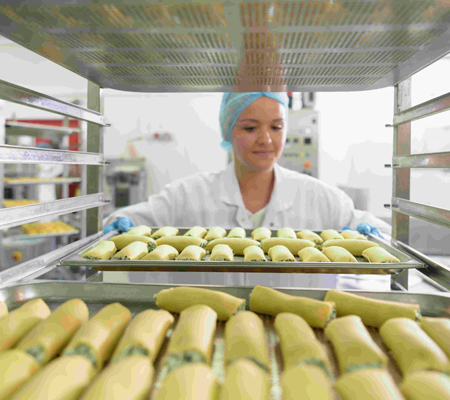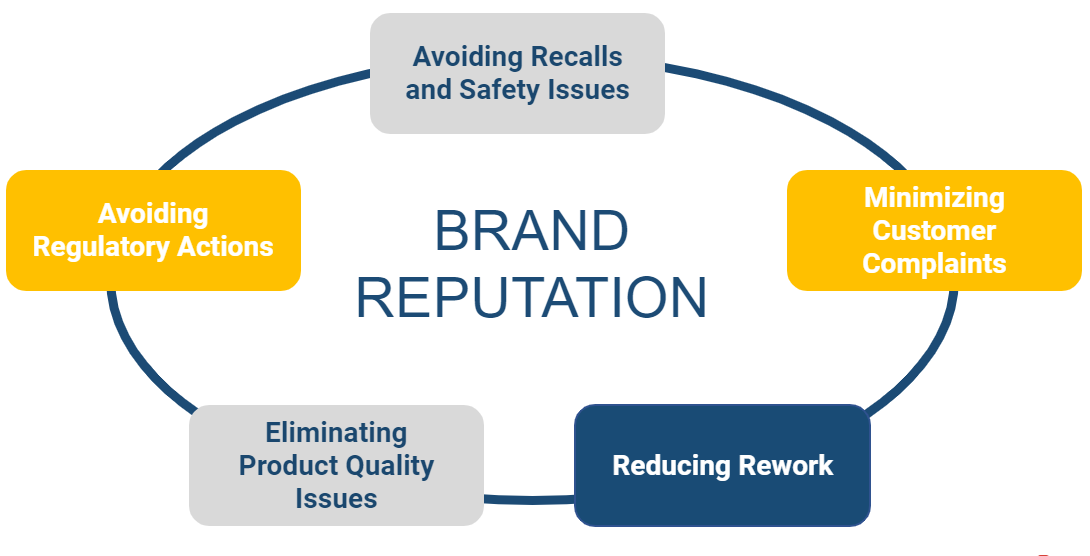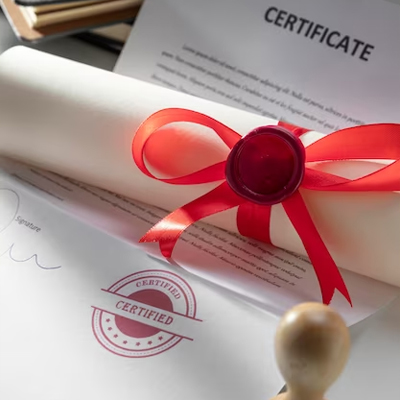What is Food Safety Culture?
Food Safety Culture refers to the collective attitudes, beliefs, and behaviors related to food safety within an organization. It is the result of the organization’s commitment to prioritizing and promoting a strong food safety mindset across all levels and functions.
Building and maintaining a strong Food Safety Culture is indeed a complex initiative that requires a multi-disciplinary and multi-level approach. It involves the active involvement and collaboration of various stakeholders within the organization, including leadership, management, employees, and even external partners and suppliers.
Promoting a positive food safety culture, businesses can enhance their overall performance, protect consumers, and gain a competitive advantage. The benefits include business growth, regulatory compliance, customer satisfaction, sustainability, brand protection, and effective risk management.

53% of webinar attendees measure Food Safety Culture
- Food Safety Audit Reports
- Employee Morale
- Review Documentation
- Feedback from Senior Management
The Connection to Risk Mitigation

Why now?
GFSI’s recent conference, they announced that continuous improvement for food safety culture will be benchmarked requirements for schemes like BRCGS and SQF starting from 2020. This is a significant development as it aligns the schemes even further and strengthens the collective requirements for assessing food safety culture within companies.
Featured Resources






Courses & Training
Explore the range of Food Safety Culture courses we have on offer through QCI Global Learning.
